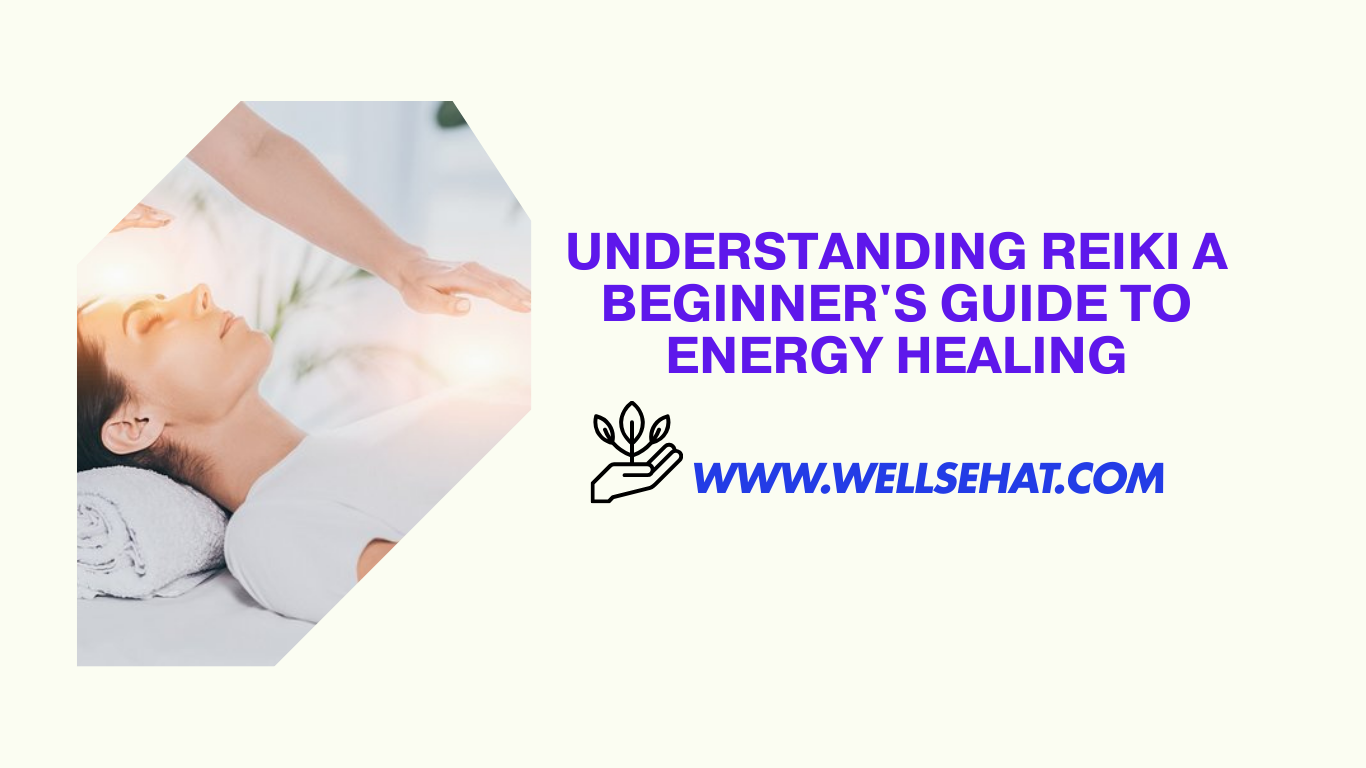Reiki is an expressive and non-commercial therapeutic technique that was discovered in Japan at the beginning of the twentieth century. It is founded on the hypothesis of directing the energy that maintains human life throughout the body so as to restore health. In this article, you will learn about what Reiki is, why it is effective, how a Reiki session takes place, and what a newbie should expect.
What is Reiki?
Reiki therapists also think that all living beings possess a universal life force energy that circulates in the body of the being. The various forms of energy balance and move in harmony within a person when he or she is considered to be healthy. On the other hand, any disruption or ill flow of this energy results in physical, emotional, or perhaps spiritual problems.
Reiki has a way of healing, it is explained, as an energy healing practice to assist the body in its healing process. While Western medicine as a rule tries to treat the disorders, Reiki is presumably the approach that first of all fights for balance at the energetic level.
The Principles of Reiki
Reiki operates on several key principles:
Universal Life Energy: They are able to use Reiki primarily because they believe that this energy is present in the universe, and may be tapped in for healing. It is not a privilege of a person and specific practice; rather, it is open to anyone.
Healing from Within: It is based on the principle that the body has an inherent capacity to heal itself. Such practitioners make it their goal to help the patient clear away those obstructions and so allow energy to once again flow as it should.
Holistic Approach: Reiki aims at the basic problem-solving of the person as a complete being: the body, his or her mind, and spirit. It admits that does apply that emotional and spiritual well-being can have a profound effect on the physical well-being of a person.
Intention Matters: Petrol The intention of the practitioner can be said to be critical for the healing process This is the extent of my hubris. Thus, when concentrating on the recipient’s state, practitioners can direct energy in the most efficient manner.
Benefits of Reiki
Reiki offers a wide range of potential benefits, including:
Stress Reduction: There is, however, one effect of Reiki that has been noted frequently and is most apparent – the capacity to relax deeply. Most of the individuals indicate that they feel more relaxed to are in a better position to focus when they are through with their session.
Pain Relief: Reiki has beneficial effects for chronic pain and discomfort since it seems to decrease tension in the muscles of the body.
Emotional Balance: Reiki can help to unblock emotions and eliminate negative feelings making it useful for a person with anxiety, depression, or trauma.
Improved Sleep: It can help many people get a more restful night’s sleep because it allows the mind to quiet down and relax.
Enhanced Overall Well-being: Such Reiki sessions can be offered in a normal periodic schedule because they will assist in enhancing the general well-being of the body.
Read More… The Science of Laughter How Humor Affects Physical Health
What to Expect During a Reiki Session
Initial Consultation: Usually the practitioner will start the session by inquiring about your general health, current problems or concerns, and preferences for the session. This enables them to monitor how best they can attend to you depending on your response to the session.
Comfortable Setting: Reiki is usually done in a calm setting or in a calm environment, without so much noise. The client will be undressed only to their underwear, they either lie down on a massage table or mat and the room may be made darker with soft music being played.
Energy Channeling: The practitioner will often lightly touch or be close to your body via their hands depending on style or your preference. They can shift their hands to new positions and concentrate them on the definite energy points called chakras, or the muscular areas where patients usually experience stress.
Sensation and Experience: While the session goes on, one may feel warmth, tingling, or come over a deep relaxation just like getting a massage. Some people describe seeing something, or having a feeling or emotional discharge, as energy lets go of its incarnation.
Duration: On average, a Reiki session might take roughly an hour and a half, mainly between one hour and an hour and a half. Subsequently, the practitioner may share conclusions drawn from practice.
Finding a Reiki Practitioner
It is important to take note that there might be many scammers disguised as Reiki practitioners, in order to find an experienced and trained Reiki practitioner, you must look for a professional organization with a history in Reiki and other related practices since they will help you out with the practice more ethically and with proper professional standards.

